By Charlene Uresy

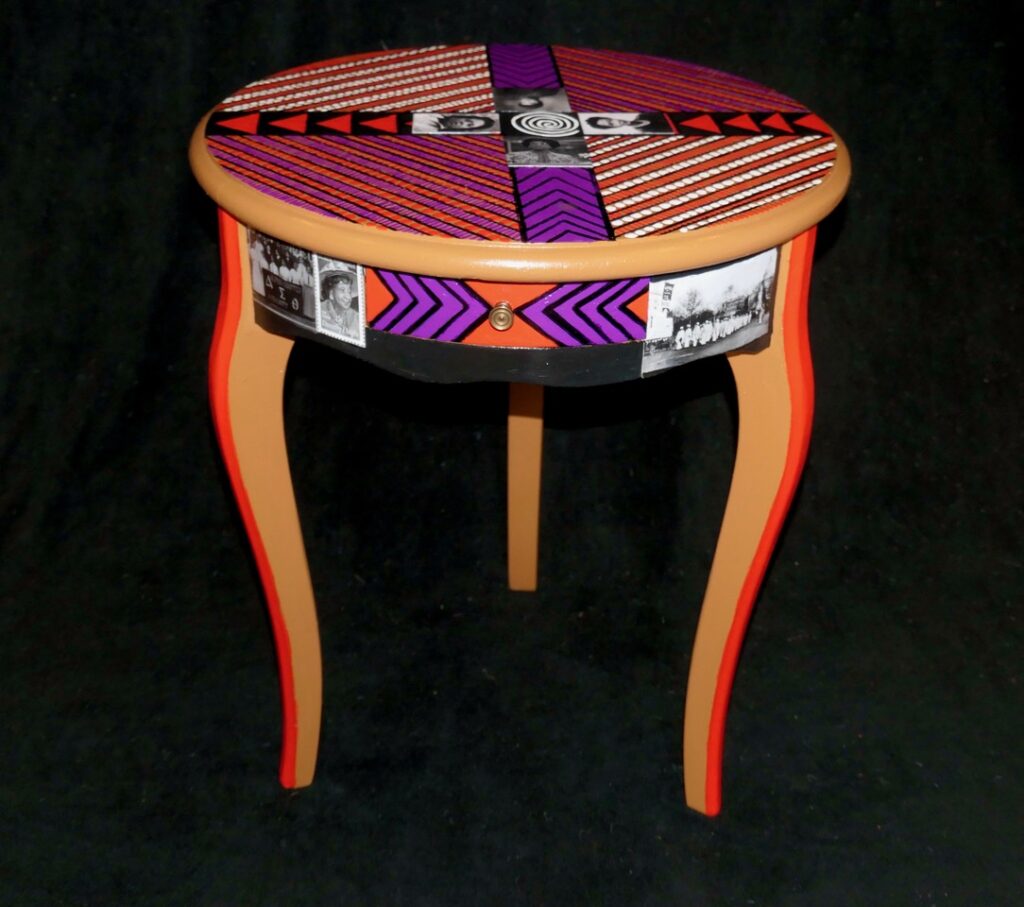
This piece was in an exhibition titled “When There Are Nine”. This is the response that Ruth Bader Ginsburg gave after being asked when she would stop saying more women should be on the Supreme Court. It was empowering to create it because of what these four women did to make this country live up to the Constitution for all of its citizens. The piece sold immediately! Thank you for taking an interest.
Against all odds, Delta Sigma Theta Sorority and these four women fought against a country that looked at them as unworthy and second-class citizens. They exemplify courage and confidence, and their commitment over time made the country a better place for all by getting into “Good Trouble.”
In my art practice, I paint African symbols on repurposed furniture. These symbols are known as communication expressions, their explanations in this piece are as follows:
⫸ represent the complexity and disorder in human relationships,
❌ crossroads
🌀 regression
…. and l l l fruitfulness, to have good things
🔺 dignity and equilibrium, as well as the Greek symbol for the Greek letter Delta. Delta is the familiar name that is used by the Black Sorority, Delta Sigma Theta, 𝜟𝜮𝜣 of which I am a member. The symbols here relate to the account of these four women’s difficult work and the colors are significant to the Deltas. This piece pays homage to the Deltas and the four featured women.
The African American sorority Delta Sigma Theta, 𝜟𝜮𝜣 was founded in 1913 on the campus of Howard University, a historically Black College or University. The 22 founders started out running! They were on the front line of the Women’s Suffrage movement and participated in the voting rights parade; despite the threats, racial epithets, and violence being hurled at them from white women, white men, and black men. Their hard work led to the passage of the 19th Amendment. Regardless of the passage of the amendment, African Americans did not fully gain the right to vote until the Voting Rights Act of 1965. Today with the dismantling of the Voting Rights Act, the Deltas are continuing their fight.
The four women I featured in this piece are Shirley Chisholm, Fannie Lou Hamer, Dorothy Height, and Ida B. Wells. All of these extraordinary and courageous, women were members of Delta Sigma Theta Sorority, 𝜟𝜮𝜣. In their own way, their life was committed to fighting for civil rights, women’s rights, and voting rights.
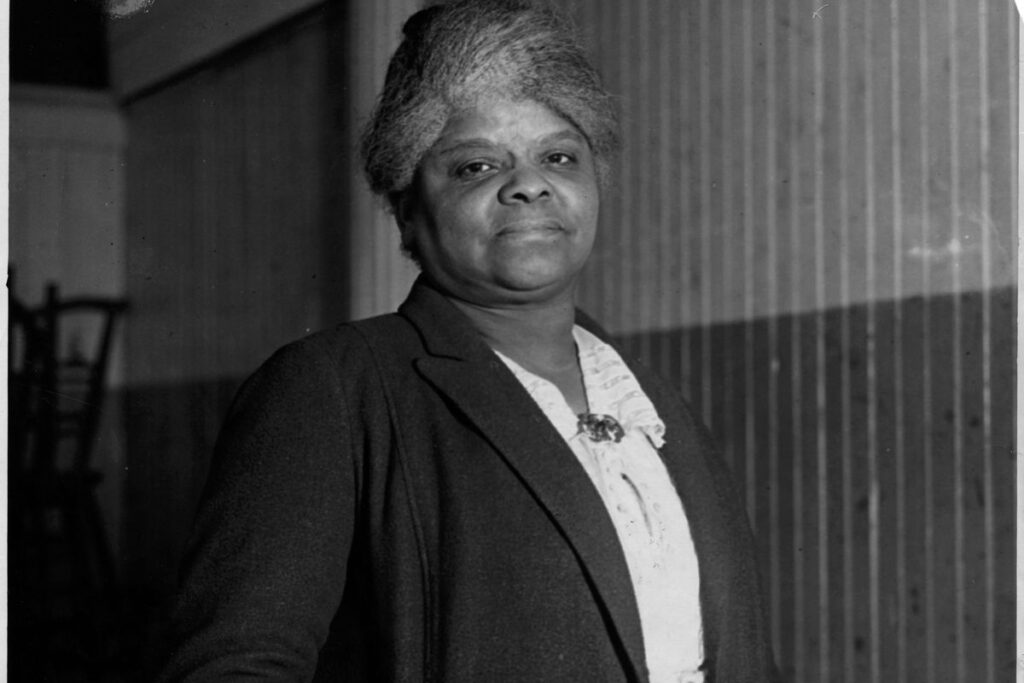
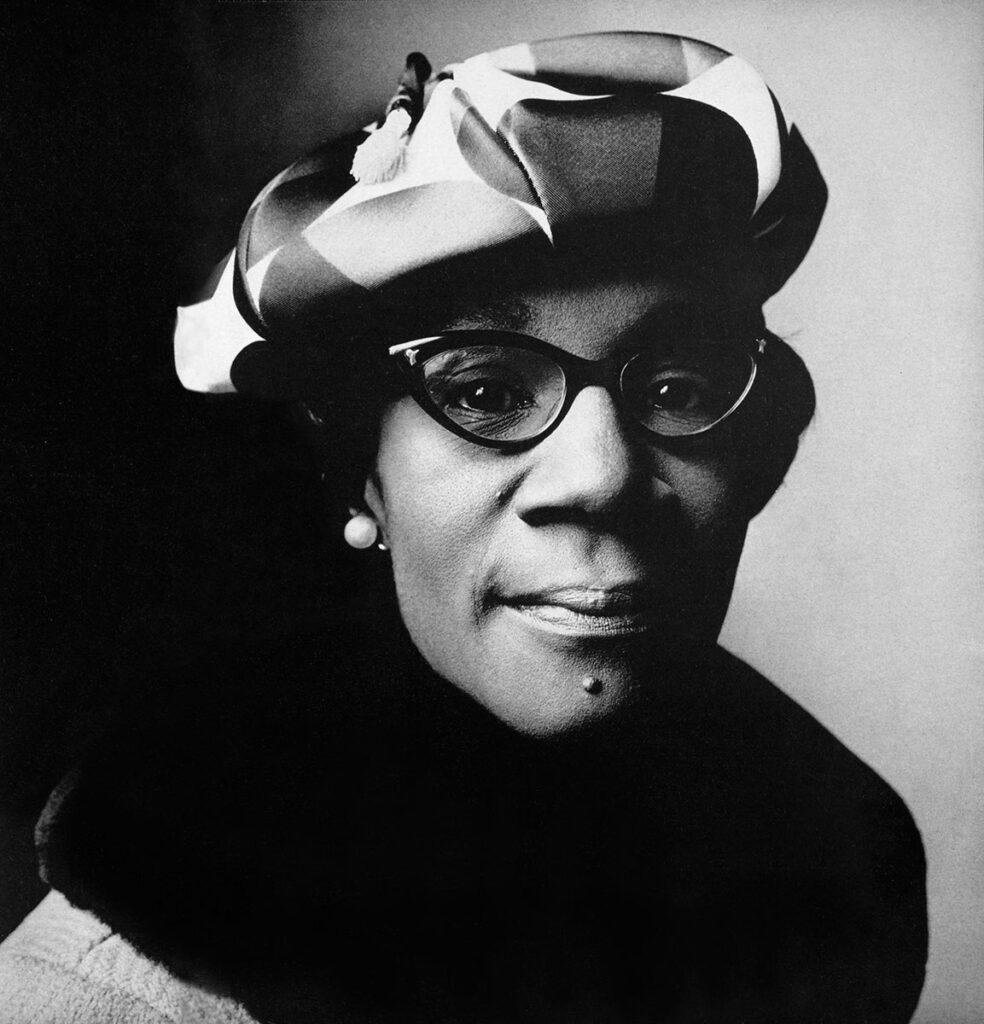
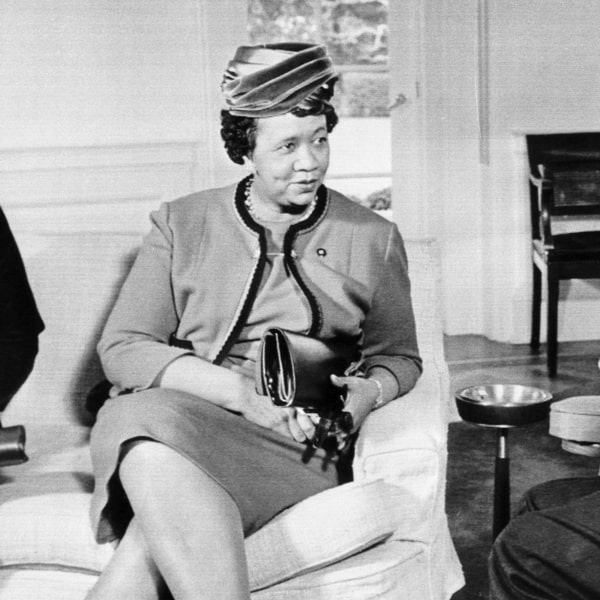
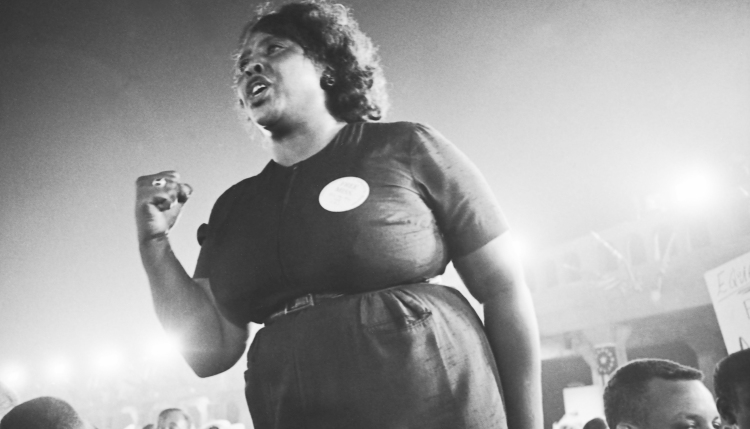
Shirley Chisholm is the first African American woman elected to the United States Congress, and the first woman and African American to seek the nomination for president of the United States. She was an advocate for women and minorities. Her campaign slogan was “Unbought and Unbossed.” Two of her famous quotes are: After being asked by a reporter, “What do you Negroes want now?” her reply was, “My God, what do we want? What does any human being want?
And this: “Health is a human right, not a privilege to be purchased.”
Fannie Lou Hamer was a fearless leader in the Civil Rights movement, a women’s voting rights activist, and a community organizer. She was the co-founder of the Mississippi Freedom Democratic Party (MFDP) which gave her national attention. Her powerful voice in these organizations delivered many passionate speeches to the country. She was harassed, threatened, and brutally beaten, which left her with lifelong injuries. In 1964 at the Democratic Convention, she and the MFDP argued to be recognized as the official delegation from Mississippi. At the convention during her speech, President Lyndon Johnson held a press conference at the same time so that it would not be aired. Her poignant speech that gave a vivid account of the racial discrimination in the South was heard by the country anyway, because the TV networks televised it later. Two of her famous quotes are: ” I’m sick and tired of being sick and tired.”
And: “We have to build our own power…The question for Black people is not when the white man is going to give us our rights…when he gives you anything, just remember when he gets ready, he will take it right back.”
Dorothy Height was a Civil Rights and women’s rights activist, and a brilliant speaker. She was a very good friend and colleague of educator and activist Mary McLeod Bethune. She met First Lady Eleanor Roosevelt and presented her with the Mary McLeod Bethune Human Rights Award. Ms. Height was one of the women’s backbones in the Civil Rights movement with Martin Luther King. Although she was a skilled organizer and speaker and on the dais of the famed March on Washington, she was not allowed to speak. In 1971, she helped found the National Women’s Political Caucus with Gloria Steinem, Betty Friedan, and Shirly Chisholm. Ms. Height was honored in 1994 by President Bill Clinton, she was awarded the Presidential Medal of Freedom. In 2004, President George W. Bush gave her the Congressional Gold Medal. Because of her leadership and tireless work, President Barack Obama dubbed her the “Godmother of the Civil Rights Movement.” One of her famous quotes is, “African American women seldom do just what we want to do, but always do what we have to do.”
Ida B. Wells was an investigative journalist, a leader in the Civil Rightsand women’s movement, and an educator. As a Black woman, with great effort and energy, she had to fight both racism and sexism.
Her excellent writing that documented the horrors of lynching and her effective speaking made her a “dangerous Negro agitator.” She traveled throughout the U.S. and the United Kingdom speaking about lynching, and fighting for justice. The FBI kept a running dossier on her. She was friends with Frederick Douglass, W.E.B Du Bois, and Madame C.J. Walker. She won an anti-segregation case against the Chesapeake & Ohio Railroad which ordered her to give up her paid first-class seat: with her refusal, she was dragged from her seat. After winning her case, the railroad appealed to the Tennessee Supreme Court which reversed the ruling. Losing this case made her conviction to fight for justice even stronger. Ms. Wells was one of the founders of the NAACP. In 2020, posthumously she was awarded a Pulitzer Prize Special Citation, for her journalism. One of her famous quotes is “Our country’s national crime is lynching. It is not the creature of an hour, the sudden outburst of uncontrolled fury, or the unspeakable brutality of an insane mob. It represents the cool, calculating deliberation of intelligent people who openly avow that there is an ‘unwritten law’ that justifies them putting human beings to death without complaint under oath, without trial by jury, without the opportunity to make a defense, and without the right of appeal.”
Charlene Uresy is an artist who lives in Detroit. We thank her for her contributions to our pages.
#
Be the first to comment